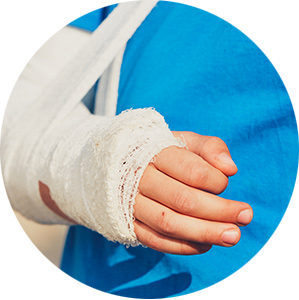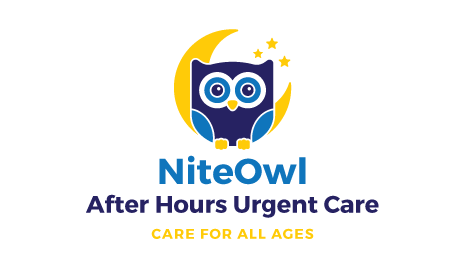
After-Hours Urgent Care FAQs
- What ages do you treat?
- We provide after-hours urgent care for all ages, including infants, children, teens, young adults, and adults.
- What should I expect to pay for your services?
- While payment varies based on insurance, our services are usually much less expensive than emergency room visits and are typically comparable to other medical clinics.
- What are your payment policies?
- Payment is due at the time of service. Please be prepared to pay your co-payment, deductible, past due balance or self- pay amount at your appointment. We accept cash, MasterCard, Visa, American Express and Discover. We do not accept checks at the time of service.
- What is your average wait time?
- Since there is no appointment necessary, wait times vary and are based on the number of patients waiting to be seen. You can call ahead and schedule a same day appointment to help find a time where we expect a shorter wait time. Wait times are typically shorter than those of emergency rooms.
- Do I need an appointment?
- You do not need an appointment to be seen at NiteOwl Urgent Care. We are a walk-in clinic and patients are typically seen in the order in which they arrive. Exceptions are made for children or adults who need immediate triage.
- What labs can be done in the office?
- We are able to perform many onsite lab tests including Flu, Strep, RSV and Mono testing.
- What are the benefits of NiteOwl Urgent Care over other urgent care locations?
- NiteOwl Urgent Care offers a child friendly environment with providers that specialize in pediatric care, as well as family medicine physicians for the whole family.
- Do you send the charts and information to my regular pediatrician or doctor?
- We send a full overview of the appointment to your pediatrician or doctor within 24 hours, upon request.
- When should we go to the emergency room instead of an urgent care clinic?
- You should go to the emergency room or call 911 if your child has had a severe injury, uncontrolled bleeding, has difficulty breathing, is not responsive, is having a seizure, is in extreme pain or you believe they are experiencing life threatening symptoms.



